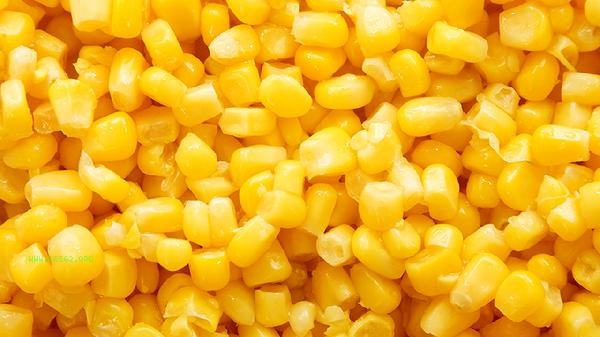Eating corn as the staple food for a week may lead to nutritional imbalance, but the specific impact varies from person to person. Corn is rich in dietary fiber and vitamins, but long-term consumption alone may lack high-quality protein, essential fatty acids, and some trace elements. Corn, as a coarse grain, is rich in dietary fiber, which helps promote gastrointestinal peristalsis and maintain intestinal health, and may improve constipation problems in the short term. The lutein and zeaxanthin it contains are beneficial for eye health, and B vitamins can also help with energy metabolism. However, corn protein belongs to incomplete protein and lacks lysine and tryptophan. Long term single intake may affect muscle repair and neurotransmitter synthesis. Corn oil has a high proportion of polyunsaturated fatty acids, but lacks omega-3 series fatty acids. Some people may experience digestive discomfort such as bloating and increased exhaust, especially those with weaker gastrointestinal function. Corn has a high content of phytic acid, which may interfere with the absorption of minerals such as iron and zinc. People with anemia or growth and development should be vigilant. Diabetes patients should pay attention to that although the glycemic index of corn is lower than that of milled rice and white flour, excessive consumption may still affect blood sugar control. Individuals with special constitutions may be allergic to corn protein, manifested as skin itching or digestive system reactions.

It is recommended to include corn as a staple food, supplement high-quality protein with legumes, supplement iron with dark vegetables, and supplement essential fatty acids with fish or nuts. Pay attention to observing bowel movements and weight changes, and adjust diet structure when there is obvious weakness or indigestion. Pregnant women, children and other special groups need to be reasonably matched under the guidance of nutritionists to ensure a daily intake of more than 30 types of food to meet their comprehensive nutritional needs.











Comments (0)
Leave a Comment
No comments yet
Be the first to share your thoughts!